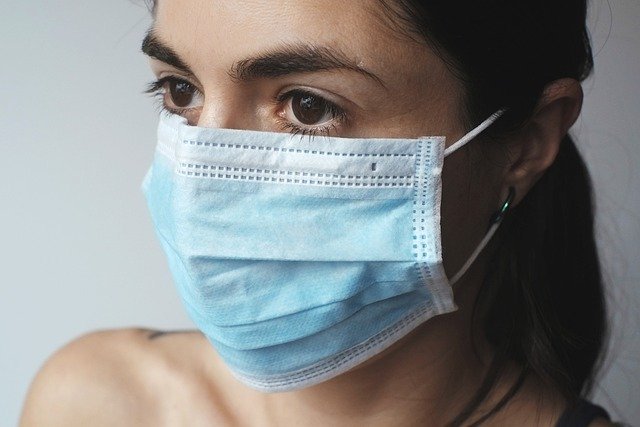
In a new study, researchers found that half of the patients they treated for mild COVID-19 infection still had coronavirus for up to eight days after symptoms disappeared.
The research was conducted by a team at the Yale School of Medicine and elsewhere.
The team examined 16 patients with COVID-19, who were treated and released from the Treatment Center of PLA General Hospital in Beijing between January 28 and Feb. 9, 2020. Patients studied had a median age of 35.5 years.
Researchers collected samples from throat swabs taken from all patients on alternate days and analyzed.
Patients were discharged after their recovery and confirmation of negative viral status by at least two consecutive polymerase chain reaction (PCR) tests.
The team found that half of the patients kept shedding the virus even after the resolution of their symptoms. More severe infections may have even longer shedding times.
The primary symptoms in these patients included fever, cough, pain in the pharynx (pharyngalgia) and difficult or labored breathing (dyspnea). Patients were treated with a range of medications.
The time from infection to onset of symptoms (incubation period) was five days among all but one patient.
The average duration of symptoms was eight days, while the length of time patients remained contagious after the end of their symptoms ranged from one to eight days.
Two patients had diabetes and one had tuberculosis, neither of which affected the timing of the course of COVID-19 infection.
The team says if people had mild respiratory symptoms from COVID-19 and were staying at home so as not to infect people, extend the quarantine for another two weeks after recovery to ensure that they don’t infect other people.
The researchers emphasized that all of these patients had milder infections and recovered from the disease and that the study looked at a small number of patients.
They noted that it is unclear whether similar results would hold true for more vulnerable patients such as the elderly, those with suppressed immune systems and patients on immunosuppressive therapies.
The lead author of the study is Lixin Xie, MD.
The study is published in the American Journal of Respiratory and Critical Care Medicine.
Copyright © 2020 Knowridge Science Report. All rights reserved.



